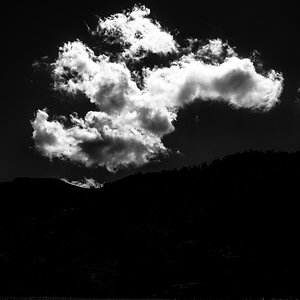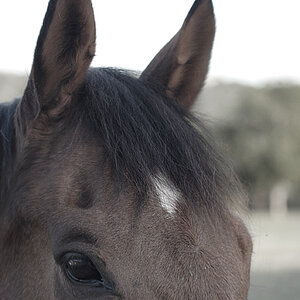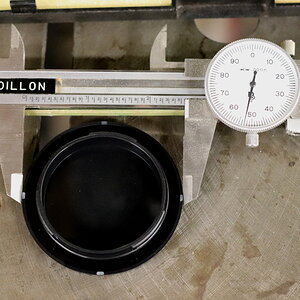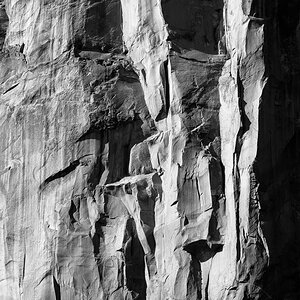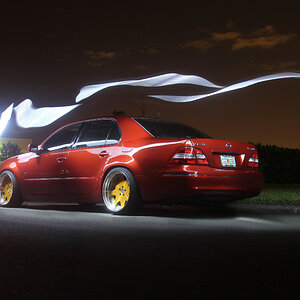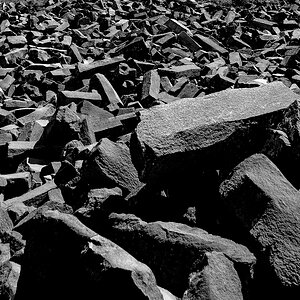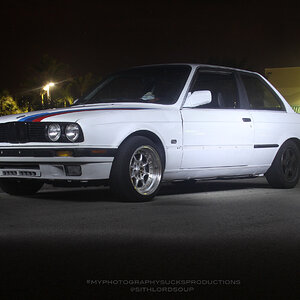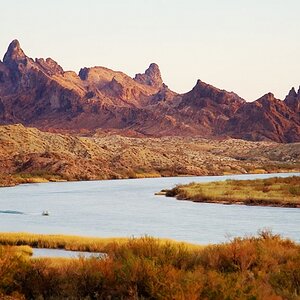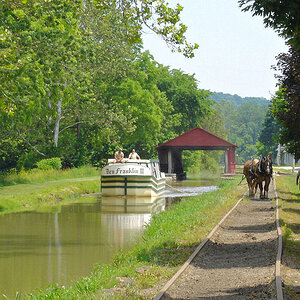JerryPH
No longer a newbie, moving up!
- Joined
- Oct 14, 2007
- Messages
- 6,111
- Reaction score
- 15
- Location
- Montreal, QC, Canada
- Can others edit my Photos
- Photos NOT OK to edit
I think that you can consider yourself above your average basic beginner once you start to consider composition, light, aperture, shutter speed and a goal for a final picture in your mind's eye before you snap that shutter.
Anyone thats used a camera for more than 20 minutes will tell you composition is important. How well you compose... that is the real key.
Asking someone how important composition in photography to me is akin to asking a pro race car driver how important is it to hold and use the steering wheel in a race. It has a certain level of importance in both instances. :mrgreen:
Having said that, there are moments that I just snap away... like when about 2 hours ago, our neighbor came to visit his father who lives across the street from us in a 1922 Ford Model A. By the time I got my camera, he was already starting to roll away (thank goodness top end on those things is about 20 MPH... lol). I was snapping without consideration for composition but did manage to get 3-4 keepers out of a dozen shots.
Anyone thats used a camera for more than 20 minutes will tell you composition is important. How well you compose... that is the real key.
Asking someone how important composition in photography to me is akin to asking a pro race car driver how important is it to hold and use the steering wheel in a race. It has a certain level of importance in both instances. :mrgreen:
Having said that, there are moments that I just snap away... like when about 2 hours ago, our neighbor came to visit his father who lives across the street from us in a 1922 Ford Model A. By the time I got my camera, he was already starting to roll away (thank goodness top end on those things is about 20 MPH... lol). I was snapping without consideration for composition but did manage to get 3-4 keepers out of a dozen shots.


![[No title]](/data/xfmg/thumbnail/34/34344-0b42e0e92ad436e6710a1b9c4585d6df.jpg?1619736379)
